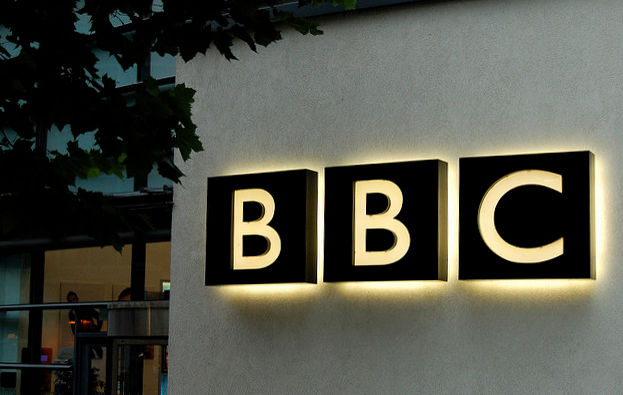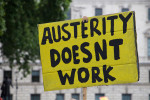This latest update in from Isle of Wight Conservative MP, Andrew Turner‘s office. Ed
The Island’s MP, Andrew Turner, has called for greater impartiality in the BBC, in a House of Commons debate.
Mr Turner raised the importance of diversity of opinions and highlighted that impartiality needs to be at the core of the BBC’s output. In order to guarantee impartiality, Mr Turner argued for stronger and more efficient safeguards within the BBC, and that such change must come from the Board of Trustees.
“Impartiality of the BBC is ingrained in our national psyche”
The Island’s MP, Andrew Turner, said:
“… Impartiality is supposed to be at the core of the BBC’s commitment to its audience. Impartiality should ensure that its output can be trusted by people of all political opinions in the UK’s cities, towns and villages, but I believe that that trust is increasingly being lost. …
“There are still many people who believe in the BBC’s strong ethos of impartiality, and believe that editors’ judgment is enough to protect it. The impartiality of the BBC is ingrained in our national psyche. However, we see the BBC fail in that regard over and over again. …
“For most television, viewings and awards determine the right to exist. Programme makers follow the sensational path to attract an audience, and that is understandable, but the BBC does not need to create sensation, as its existence is protected through the Royal Charter and the accompanying agreement; on the contrary, the BBC is charged with reflecting the UK’s diversity, being independent and upholding impartiality. …
“Systemic bias is difficult to detect, and it is especially difficult to detect when it is a minor decision that leads to a larger pattern of systemic bias. It is obvious that the employees of a company will determine the tone of the output, and that is what is fundamentally wrong with the BBC. It is the inability of staff to be objective about the overall output. …
“…If the BBC’s own complaints procedure lacks independence and the organisation rejects criticism, something must be fundamentally wrong.
“Finally, this is not a criticism of the majority of staff and editors working for the BBC. They cannot be expected to solve a problem that has been created by the system in which they work. The answer must be stronger and more efficient safeguards; consideration of the cumulative output of the BBC, rather than of individual programmes; and a new willingness to look self-critically to ensure that it continues to deserve its unique and privileged position. All of that can come only from the trustees.”
“Editors have created unintentional bias”
After the debate Mr Turner said:
“The impartiality or the BBC is required by the Royal Charter, but there are several examples suggesting that the safeguards need to be stronger. The three safeguards are the editorial judgment of programme makers using the Editorial Guidelines, the Impartiality Reviews, and the feedback from viewers and listeners. There is too much room for interpretation in the Editorial Guidelines, hence editors have cumulatively created unintentional bias.
“The Impartiality Reviews also need improvement. For example, the committee that produced the 2007 Birdcut report consisted of almost 70% of BBC staff and trustees. And the report did not even look for systematic bias. The Prebble review of 2012 could not explain a 50% drop in the number of UKIP party appearances between 2007 and 2012. Instead it was suggested that UKIP’s views were represented by the Conservative party!
“I hope these issues will be covered in the discussions leading up to the Charter renewal and that that the BBC’s Board of Trustees are willing to listen and take actions.”
The BBC Royal Charter defines the Corporation’s funding, management and public purposes. There is an accompanying Agreement that outlines the framework more in detail. The current Charter is due to expire on 31st December this year, and because the Charter is only renewed every ten years this is an important time to be debating the BBC and its future.





